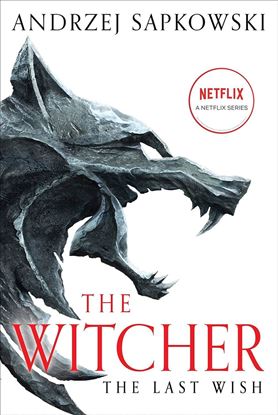

THE INMATE
As a new nurse practitioner at a maximum-security prison, Brooke Sullivan is taught three crucial rules:
Treat all prisoners with respect.
Never reveal any personal information.
Never EVER become too friendly with the inmates.
But nobody knows that Brooke has already broken the rules. Nobody knows about her intimate connection to Shane Nelson, one of the penitentiary's most notorious and dangerous inmates.
They certainly don't know that Shane was Brooke's high school sweetheart―the star quarterback, the golden boy who's serving a life sentence for a series of grisly murders. Or that Brooke's testimony was what put him there.
But Shane knows. He knows more than anyone. And he will never forget.
1,150
THE INTRUDER (DELUXE)
Who knows what the storm will blow in…
Casey's cabin in the wilderness is not built for a hurricane. Her roof shakes, the lights flicker, and the tree outside her front door sways ominously in the wind. But she's a lot more worried about the girl she discovers lurking outside her kitchen window.
She's young. She's alone. And she's covered in blood.
1,750
THE KISS QUOTIENT
Stella Lane thinks math is the only thing that unites the universe. She comes up with algorithms to predict customer purchases—a job that has given her more money than she knows what to do with, and way less experience in the dating department than the average thirty-year-old.
It doesn't help that Stella has Asperger's and French kissing reminds her of a shark getting its teeth cleaned by pilot fish. Her conclusion: she needs lots of practice—with a professional. Which is why she hires escort Michael Phan. The Vietnamese and Swedish stunner can't afford to turn down Stella's offer, and agrees to help her check off all the boxes on her lesson plan—from foreplay to more-than-missionary position...
Before long, Stella not only learns to appreciate his kisses, but crave all of the other things he's making her feel. Their no-nonsense partnership starts making a strange kind of sense. And the pattern that emerges will convince Stella that love is the best kind of logic...
1,100
THE LAST MURDER AT THE END OT THE WORLD
Solve the murder to save what's left of the world.
Outside the island there is nothing: the world was destroyed by a fog that swept the planet, killing anyone it touched.
On the island: it is idyllic. One hundred and twenty-two villagers and three scientists, living in peaceful harmony. The villagers are content to fish, farm and feast, to obey their nightly curfew, to do what they're told by the scientists.
Until, to the horror of the islanders, one of their beloved scientists is found brutally stabbed to death. And then they learn that the murder has triggered a lowering of the security system around the island, the only thing that was keeping the fog at bay. If the murder isn't solved within 107 hours, the fog will smother the island―and everyone on it.
But the security system has also wiped everyone's memories of exactly what happened the night before, which means that someone on the island is a murderer―and they don't even know it.
And the clock is ticking.
1,150
THE LAST WISH
Geralt is a Witcher, a man whose magic powers, enhanced by long training and a mysterious elixir, have made him a brilliant fighter and a merciless hunter. Yet he is no ordinary killer. His sole purpose: to destroy the monsters that plague the world.
But not everything monstrous-looking is evil and not everything fair is good . . . and in every fairy tale there is a grain of truth.
1,350













